
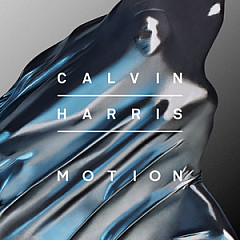
Calvin Harris' "Blame" was the first song to break 10 million streams in a week on Spotify. The record was set during the seven days of September 8 to September 14, 2014.
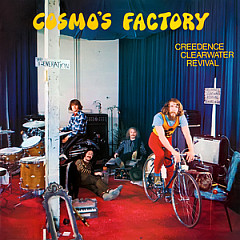
The CCR song "Run Through the Jungle" is about gun control.
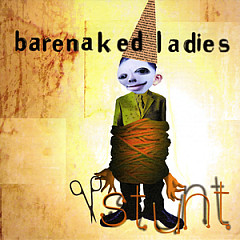
"One Week" by Barenaked Ladies was a #1 hit in America - for exactly one week in 1998.
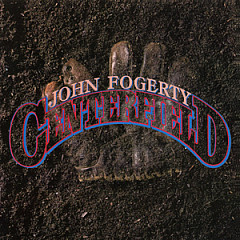
"Centerfield" was the first song enshrined in the Major League Baseball Hall of Fame.
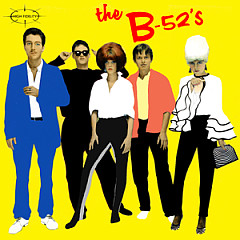
Vegetarian Fred Schneider of the B-52's got the idea for "Rock Lobster" at an Atlanta disco when a projector displayed images of lobsters on a grill.
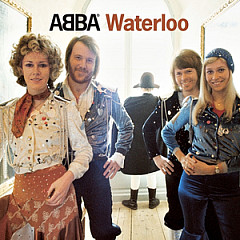
In Belgium, where the Battle of Waterloo took place, "Waterloo" by ABBA was a huge hit, #1 for five weeks.
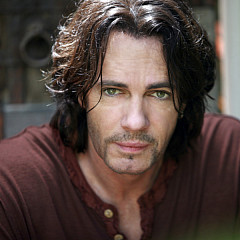
Rick has a surprising dark side, a strong feminine side and, in a certain TV show, a naked backside. But he still hasn't found Jessie's Girl.
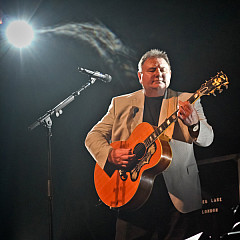
Greg talks about writing songs of "universal truth" for King Crimson and ELP, and tells us about his most memorable stage moment (it involves fireworks).
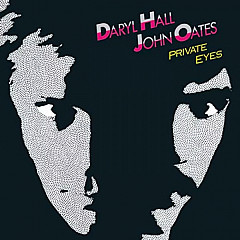
How a goofy detective movie, a disenchanted director and an unlikely songwriter led to one of the biggest hits in pop history.

The Red Hot Chili Peppers have some rather unusual song titles - see if you can spot the real ones.

Danny played guitar on Sweet Baby James, Tapestry, and Running On Empty. He also co-wrote many hit songs, including "Dirty Laundry," "Sunset Grill" and "Tender Is The Night."

"I'll Be" was what Edwin called his "Hail Mary" song. He says it proves "intention of the songwriter is 180 degrees from potential interpretation by an audience."